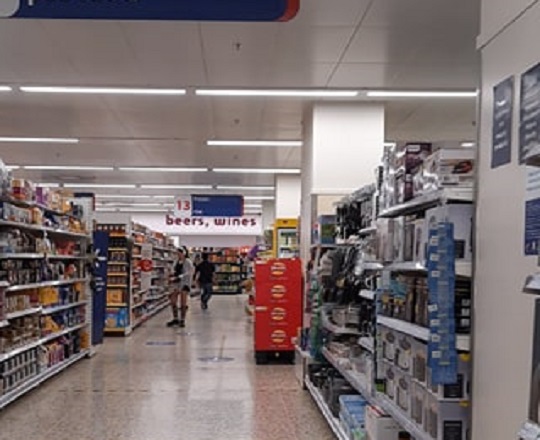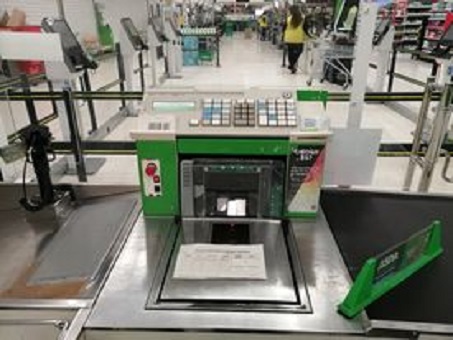Will I be safe?

Pubs and restaurants are opening again tomorrow and doubtless many people will be looking forward to a good night out.
Don’t go to The Old Volunteer in Carlton (featured in our “Meet you in the pub?” post on May 28th).
Landlord Andrew Dunkin has decided to avoid the possible chaos of a Saturday opening and open during the week so that staff and customers can adjust to the new normal and learn lessons before larger numbers of customers arrive over the weekend.
Many furloughed workers will be returning, and are just happy that they have a job to go back to.
Very vulnerable workers will continue to shield until the beginning of August. Some who are vulnerable, but not in the highest risk group are being called back to work before that, whether in businesses that are reopening, or in front line jobs, such as supermarkets that have remained open throughout the crisis..
Some vulnerable supermarket workers for example have been shielding on full pay despite not being in the most vulnerable group.
Personal risk assessments must be carried out, but these are often basic in nature.
Employers have been concentrating on making their premises as safe as possible to minimise the risk of infection.
To the vulnerable and very vulnerable their concern is less about what the risk levels are, and more about the consequences if they are infected. By definition infection would carry a serious risk of death.
This at a time when there is talk of a likely “second spike” and a relaxing of the social distancing rules.
Realistically employers are entitled to ask workers to return, and to stop paying them if they refuse. Returning workers can discuss their situation with their employers and ask for a phased return or changed roles within the workplace.
In many of the workplaces concerned – for example supermarkets – work has continued throughout lockdown, and their workers have survived when infection levels were at their peak.
Employers, Trades Unions and work colleagues alike, while sympathetic of the fears of returning workers, have continued to operate throughout, and see the fears of returning workers as an anxiety problem rather than a question of life and death.

